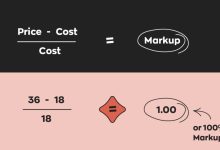In the process of running ads for replica products, we often face the issue of ad accounts getting banned. Because of the nature of the industry, this is something very common.
Although creating a new ad account only costs a few dollars, advertisers usually rely on stacking a large number of accounts to scale campaigns. However, stability is the real key to successful traffic growth.
Based on my own daily advertising experience and the problems I often encounter, I have summarized several common reasons why Facebook ad accounts for replica stores are easily banned. I hope this can serve as a reference for others in the same field.
1. Poor IP Quality
When running Facebook ads for replica products, one of the most common reasons for account bans is poor IP quality.
If you are renting residential IPs to run ad accounts, many of these IPs may already be flagged or “polluted.” It’s always better to check the IP quality before use.
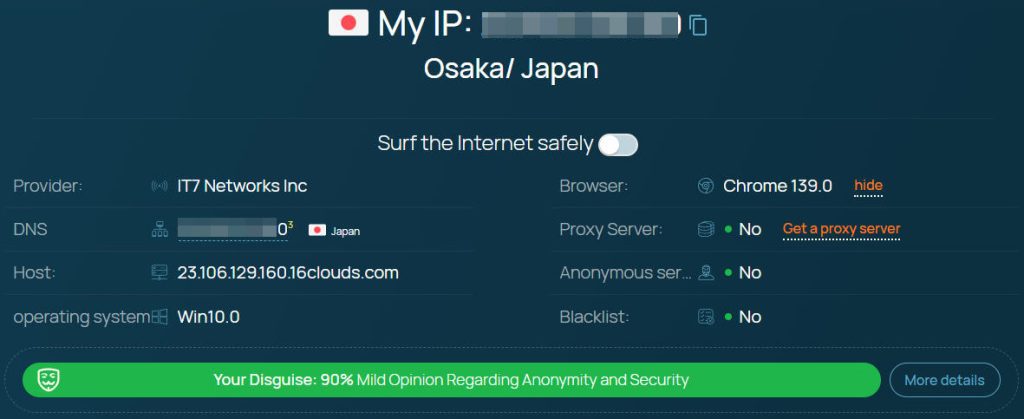
Enabling two-factor authentication is also highly recommended for extra stability.

In fact, instead of relying only on residential IPs, I often prefer using 6th generation VPS. When paired with a stable page account or an account that has already passed verification, the ad account can usually run much longer without issues.
2. Unclean Browser Fingerprints
Many beginners think that simply changing the IP or clearing cookies and cache is enough, but that’s not the case. Every browser has its own unique fingerprint, including factors like version, MAC address, language, and installed plugins. Therefore, using a professional multi-login browser with fingerprint management is essential.

There are many fingerprint browsers available. When using them, make sure to properly manage and recognize fingerprint features. Another important detail: prevent the browser from collecting geolocation data. These small details can make a big difference in account stability.
3. Batch Quality of Ad Accounts
This largely depends on the reliability of your ad account supplier. Never buy “recycled” or low-quality accounts—they usually have no trust or weight in Facebook’s system.
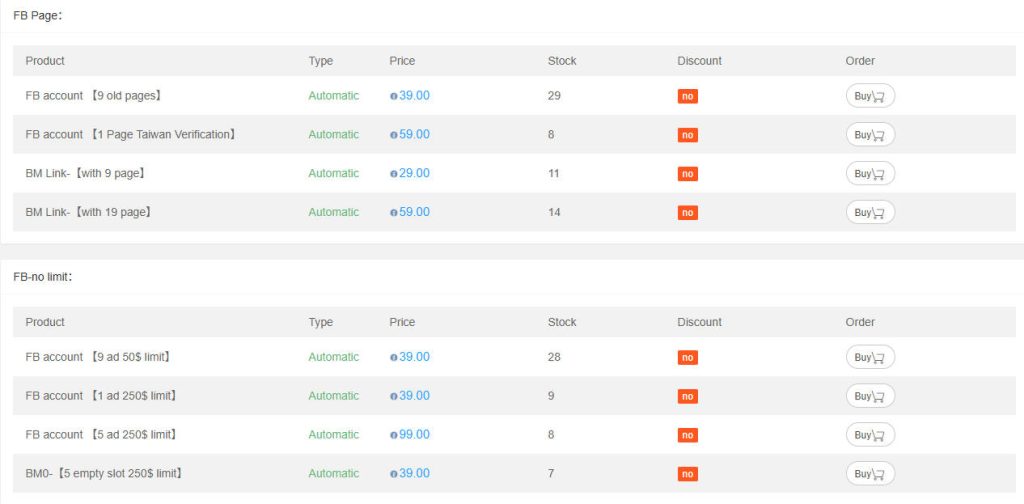
Ideally, use freshly verified accounts with a good activity rate. Accounts that are active and regularly used (sometimes called “phished” or manually verified accounts) tend to perform much better and are less likely to be banned.
4. Poor Quality of Landing Pages
When creating landing pages for replica product ads, the best approach is to use established, high-authority third-party pages. Avoid overly simple templates filled with too many external links, Amazon/Shopify links, or other patterns easily detected by Facebook’s ad system—these can lead to quick account bans.

Make sure the landing page contains complete basic information, such as a Contact Us section and Privacy Policy. These small details can help improve the longevity of your ad campaigns.

Additionally, landing pages should be tailored to your specific campaign. For example, if you are advertising a single product, the landing page should not be a full product catalog. Otherwise, Facebook may flag the ad as “misleading” and take it down.
5. Domain Being Flagged
If your ads have multiple violations, your domain can easily be flagged by Facebook. In such cases, it’s recommended to change the landing page domain.
During large-scale campaigns where many accounts are used, domains can get consumed quickly. A common practice is to rent expiring domains, which are very cheap—sometimes less than $2 each—allowing you to continue running ads without interruptions.
6. Payment Methods
Payment issues can also trigger ad account bans. For example, using a trusted card is crucial. The details of reliable payment methods are usually closely guarded by advertisers themselves, and they rarely share them publicly. Using the right card ensures smoother ad delivery and reduces the risk of account suspension.
7. Using CLOAK to Bypass Detection
The choice and combination of cloaking tools is critical. Knowing when and how to use a cloaking method depends heavily on Facebook’s current ad policies.
If cloaking is used incorrectly, it can lead to repeated ad account bans, sometimes permanently. Proper understanding and careful implementation are essential for long-term ad stability.
These points basically cover the main reasons why your ad accounts might get banned during replica product campaigns.
In my experience, running successful ads requires attention to every detail. Only by carefully managing each aspect—IP quality, browser fingerprints, account batch quality, landing pages, domains, payment methods, and cloaking—can you maintain stable and sustainable ad performance. As the saying goes: “Success lies in the details.”
🚀 Ready to Keep Your Facebook Ads Safe?
Don’t let account bans slow down your replica product campaigns! 💡
✅ Check your IPs – Use high-quality residential or VPS IPs.
✅ Clean browser fingerprints – Multi-login browsers help a lot.
✅ Use verified accounts – Fresh, active accounts perform best.
✅ Optimize landing pages – Complete info + tailored content.
✅ Protect your domains & payments – Avoid flagged domains and unreliable cards.
✅ Cloak carefully – Follow Facebook’s policies strictly.
💬 Share your experience or questions in the comments!
📥 Subscribe to our blog for more insider tips on running stable Facebook ad campaigns.
 Custom E-commerce Solutions for High-Quality Designer-Inspired Fashion Replicas | Website Development, Dropshipping, Payment Integration for PayPal and Stripe, Ad Cloaking Services
Custom E-commerce Solutions for High-Quality Designer-Inspired Fashion Replicas | Website Development, Dropshipping, Payment Integration for PayPal and Stripe, Ad Cloaking Services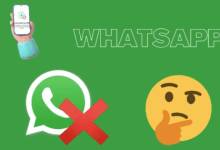



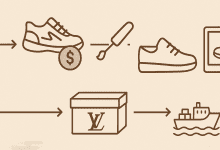
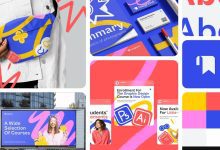

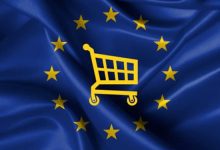


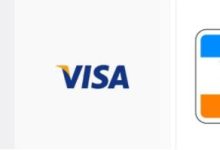
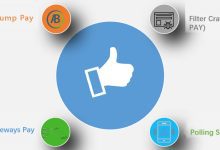
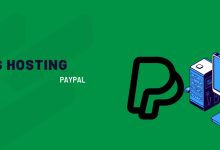


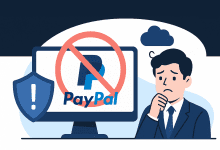

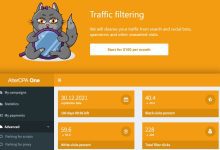


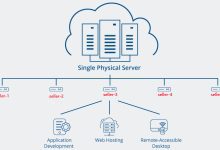

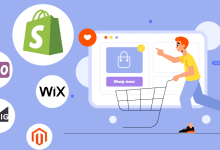
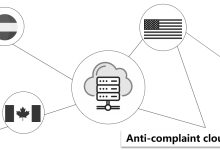




![5 Best WordPress Themes for Replica Product International Trade Websites [Recommended]-Custom E-commerce Solutions for High-Quality Designer-Inspired Fashion Replicas | Website Development, Dropshipping, Payment Integration for PayPal and Stripe, Ad Cloaking Services](https://replicasmaster.com/wp-content/uploads/2025/06/1-1-220x150.jpg)
